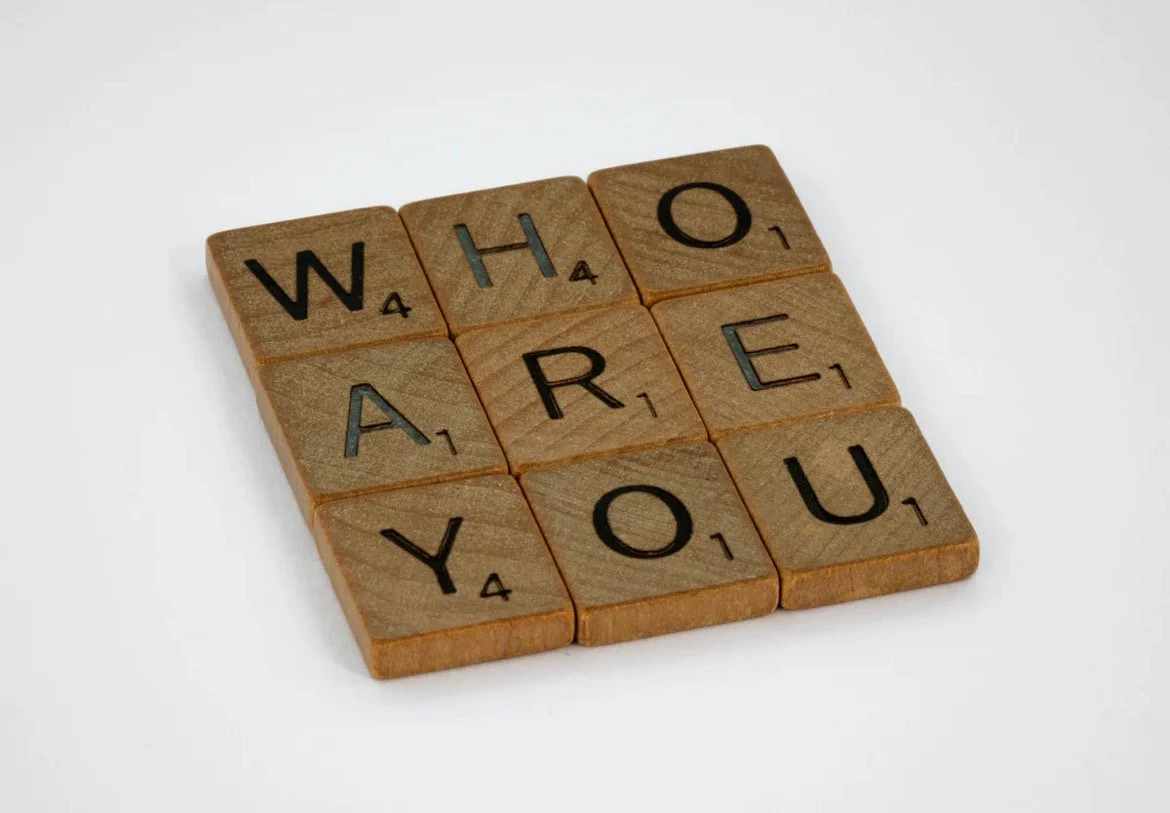Sustaining Our Prosperity
4 Things We Learnt About Sustainability This Year
1. Sustainability is not the same as Eco-friendliness
Sustainability is about ensuring that we can meet our current needs without compromising on the needs of future generations. Sustainability is a more precisely defined and useful concept than eco-friendliness. Eco-friendliness is simply a broad term for anything that does not harm the planet. However, it doesn’t take into account socioeconomic factors that play a huge role in whether our lives are better or worse off overall.
Three main pillars help group sustainability concepts:
2. Sustainability is not a “first-world problem”
Sustainability sometimes feels like a first-world problem because those in more developed countries dominate the conversation and so it revolves around expensive solutions, melting glaciers, and endless economic growth. Yet many of us in Africa are in survival mode, focusing on physiological needs, which rob us of the free attention to address problems that are difficult to connect directly to. Yet, it is as much our problem as it is anyone else’s.
Although the global news may say “climate change is killing crop yield”, while the Ghanaian farmer says “there was no rainfall this month as normally expected”, they’re lamenting the same issue.
To be very honest, I didn’t know a city so close to the sea could run out of water until the water crisis hit Cape Town. And also, for the sake of money, Galamsey (illegal mining) in Ghana continues to damage the land and water supply and is threatening to destroy one of the biggest pride and exports of Ghana, cocoa.
Many people are well aware of and continue to feel the consequences of unsustainable development even though they may not have the language, budget, or statistics to express their issues in the way it’s done on the global stage.
This is one of the main reasons why the United Nations proactively sought more input from developing countries when forming the sustainable development goals (SDGs) to supersede the millennium development goals (MDGs). This contrasts the formation of the MDGs which were patronizingly drafted by a handful of rich countries for developing countries.
Furthermore, sustainability falls under the growing list of global problems that can only be tackled collaboratively. Something that only seems possible at this point if humans had to unite to fight against an alien invasion.
With climate change, for example, although Africa is about 17% of the world’s population and 20% of the world’s landmass, it contributes to less than 4% of global CO2 emissions.
And now, many expect developing countries to industrialize without relying on fossil fuels even though many developed countries got rich by polluting without restraint. Countries like the UK and Germany, which now each produce less than 1% and 2% percent of global emissions per year, are responsible for more than 5% and 6% percent of emissions ever produced.
It does, however, feel like a waste of time to start throwing blame around because our punishment for unsustainable development does not care about how we define our borders. We will all bear the consequences, and these consequences are likely to take a bigger toll on developing countries because people are less prepared to purchase and engineer expensive solutions for protection.
3. Developing sustainably is challenging
Sustainability themes and goals can be complex because they are so interlinked and multi-faceted. It takes a wide range of expertise to properly understand and amend the way we as humans live to solve the most pressing issues of our society. Turning one dial on higher economic output, for example, may have unexpected or unavoidable impacts on inequality.
Examples:
Plastic was originally hailed as the solution to environmental and ethical concerns as it replaced ivory and expensive packaging. However, as the use of plastic skyrocketed, so did the concern around clogged landfills, drains, and the windpipes of dolphins. Despite it being cheap and versatile, it became clear that the costs of overuse outweigh the benefits.
Many countries around the world have adopted plastic bag bans. However, Denmark’s Ministry of Environment and Food found that you would have to use a reusable organic cotton bag 20,000 times before it has an overall lower impact than a plastic bag (LDPE) that has been reused once, as the table below shows.
| Bag type | Reuses necessary to have the same climate change impacts as a classic plastic bag | Reuses necessary to have the same cumulative environmental impact (water use, energy use, etc.) as a classic plastic bag |
|---|---|---|
| Classic plastic (LDPE), reused once as waste bag | 1 | |
| Classic plastic (LDPE) with a rigid handle, reused once as waste bag | ||
| Recycled plastic | 1 | 2 |
| Non-woven polypropylene | 6 | 52 |
| Woven polypropylene | 5 | 45 |
| Recycled polyethylene terephthalate (PET) | 8 | 84 |
| Polyester (like Baggu) | 2 | 35 |
| Unbleached paper | 43 | |
| Bleached paper | 1 | 43 |
| Organic cotton | 149 | 20,000 |
| Conventional cotton | 52 | 7,100 |
It’s also difficult to decide which of the two general approaches to focus on to develop sustainably: the top-down approach, which prioritizes the role of government and corporations to shape society, or the bottom-up approach which puts more of the onus on individuals to change our habits.
With the bottom-up approach, we as consumers are essentially voting with our money and our habits. We purchase more sustainable goods and services, to signal to the market to produce more sustainable options. Profit from ethical consumption incentivizes ethical production. We should also hold our friends, community members, and workplaces accountable to consider sustainability in their actions.
The top-down approach generally holds national governments and large organizations more responsible than individuals. Instead of relying on our willpower, we as consumers should not even be presented with unsustainable options in the first place. We are creatures of convenience and so “doing good” is not a good enough incentive for us to go out of a way to solve a mess we did not create. World leaders have been elected to legislate on our behalf, and so we can only be expected to go for options that make sense to us perhaps because these options are cheaper, taste better, or look more fashionable.
4. How I can be more sustainable
There is obviously no silver bullet for being sustainable and even the best answers of today may not be the sustainable options for tomorrow.
LEARN
As individuals, the least we can do is to discuss it and be latently aware that the decisions we make and the products we purchase could have some positive or negative effect on the world we pass on. And you don’t have to be an expert. As Anne-Marie Bonneau suggested, we don't need just a handful of people doing ‘sustainability’ perfectly; we need millions of people doing it imperfectly.
Resources: Common Ground podcast, Development in Practice, SustyVibes, Rocking Our Priors podcast, Global Development Institute Podcast
CONSERVE
Personally, I’ve failed at being vegetarian at least 4 times, and so I’ve put a lot of my hopes on cleaner meat and a couple plant-based meals a month so that we may not have to slaughter 50 billion chickens each year just for food. It’s not perfect, but with scale, the cleaner options can become cheaper, more accessible, easier to produce, and even healthier than existing options.
Buying from local producers saves transportation, while improving the local community through infrastructure, employment and other local purchases the producer makes.
Resources: Rachel Ama recipes, patronize benefit and B Corporations, promote body autonomy to address overpopulation,
ENGAGE
We can also stimulate more top-down approaches by asking more questions from our companies and politicians, such that to be supported, they have to make a conscious effort to understand and contribute positively to sustainable development. It’s always helpful to do some research to be able to challenge narratives with data.
Resources: Join communities, events, enforce accountability, monitor and evaluate impact, track government projects, developments and budgets, understand sustainability standards, make collective impact
INNOVATE
At the dawn of industrialization, new technology was almost guaranteed to leave a large footprint. Now however, we have a very encouraging trend of being able to improve the human condition while also treading more lightly on the world; we are getting more from less.
We are going through a process of dematerialization of the economy: computer chips are getting smaller, electronic appliances are getting more efficient, and cars are getting more fuel efficient. We use less metal, fertilizer, water, paper and timber, and energy year after year, even output grows.
This is a crucial process in sustainable development because we may not have to sacrifice electricity, fast transportation, our smartphones, the internet, food storage, clothes and many innovations we have come to love for the sake of sustainability.
Natasha Ibori is a co-founder at Uwana Energy and the Sustainability Director at Arts In Medicine Fellowship
Nii is a director at Very Temporary, to get in touch, send him an email.








